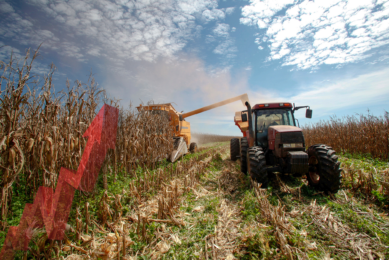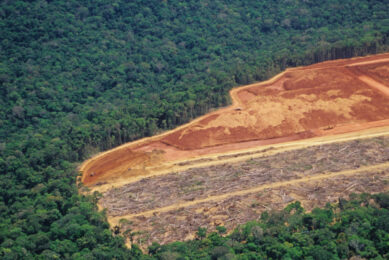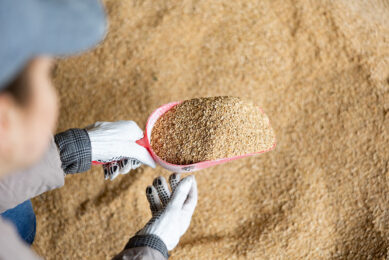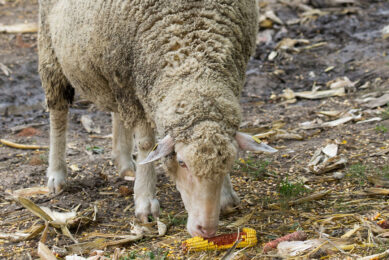Airline feed cuts feed efficiency to 2.0
Dutch cooperative Cehave Landbouwbelang introduces a new pig feed which significantly improves feed efficiency and reduces excretion of minerals in the manure.
The revolutionary feed, called Airline 2.0, is made with raw materials that
contain low, but highly absorbable phosphate and nitrogen, which reduces
phosphate levels in the manure by 60% and of nitrogen by 30%. Cehave uses a
Wenger Universal Pellet Cooker for expanding the raw materials and adds extra
fats and oils after cooking. This way the energy level of the feeds is increased
and feed efficiency on pig farms can improve to 2.0.
Under Dutch laws
with the lowering of mineral content of the manure twice as much manure can be
spread on the fields without additional costs. Normally excess manure has to be
removed from the farm against considerable costs. The use of special raw
materials makes the feed more expensive than regular feeds. For starter feed the
additional costs are € 5/100 kg and for fatteners the feed is € 9/100 kg more
expensive.
The feed cooperative with Airline 2.0 claims improvement of
daily gain with 50 grams compared to standard feeds. The lower feed efficiency
and higher daily gain level out the higher price of the feed. Total yield (gain
over feed) remains the same. Net-gain can be found in the lower phosphate and
nitrogen excretion, which – under Dutch condition – lowers manure disposal
costs.
Cehave already was using the Wenger UPC for manufacturing pig
feeds. The existing line of Airline feeds is now extended to 2.0 by using vacuum
coating to have more oils and fats incorporated in the feed. With vacuum coating
fats and oils can be “sucked” into the pores of the (expanded) pellets without
negatively affecting pellet quality. With regular pellets a (too) high fat
content is detrimental to pellet quality.











